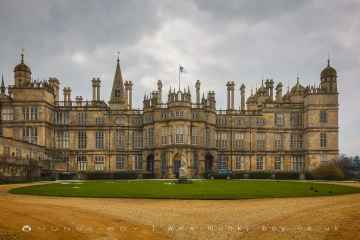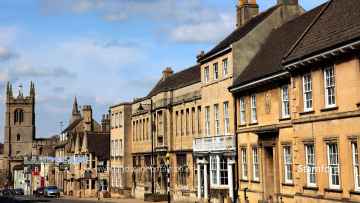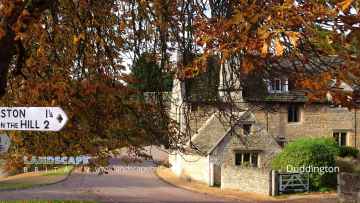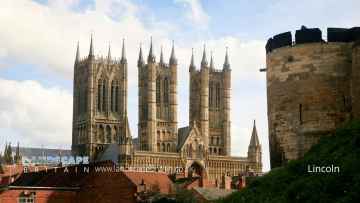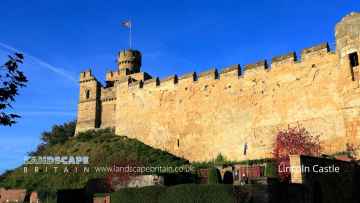Gainsborough
Gainsborough is a Town in the county of Lincolnshire.
There are great places to visit near Gainsborough including some great historic buildings, airports, towns, villages, cities and castles.
Gainsborough has some unmissable historic buildings nearby like Burghley House, and Lincoln Castle.
Don't miss Humberside Airport's airports if visiting the area around Gainsborough.
There are a number of towns near to Gainsborough including Stamford.
Duddington is a great place to visit close to Gainsborough if you like villages.
There are a several good cities in the area around Gainsborough like Lincoln.
There are a several good castles in the area around Gainsborough like Lincoln Castle.
Gainsborough History
There are some historic monuments around Gainsborough:
Places to see near Gainsborough
History of Gainsborough
In 868 King Alfred married Ealhswith (Ealswitha), daughter of Athelred Mucel, chief of the Gaini, whence the town gets its name. Historically, Gainsborough is the “capital that never was”. Towards the end of July 1013, the Dane Sweyn Forkbeard, together with his son and heir Cnut (Canute), arrived in Gainsborough with an army of conquest. Sweyn defeated the Anglo-Saxon opposition and King Ethelred fled the country. Sweyn was declared King of England, and he returned to Gainsborough. Sweyn and Cnut took up high office at the Gainsborough Castle (on the site of the present-day Old Hall), while his army occupied the camp at Thonock (today known as Castle Hills). But King Sweyn was killed five weeks later when he was thrown from his horse in Gainsborough. His son Cnut established a base elsewhere. Cnut may have performed his unsuccessful attempt to turn the tide back in the River Trent at Gainsborough. Historians believe he may have been demonstrating on the aegir, a tidal bore. He and his supporters may have known Gainsborough was the furthest reach of the aegir, and ideal for his demonstration. However the story was only written down a century later by Henry of Huntingdon, who gives no location, and may have been a myth or a fable.





